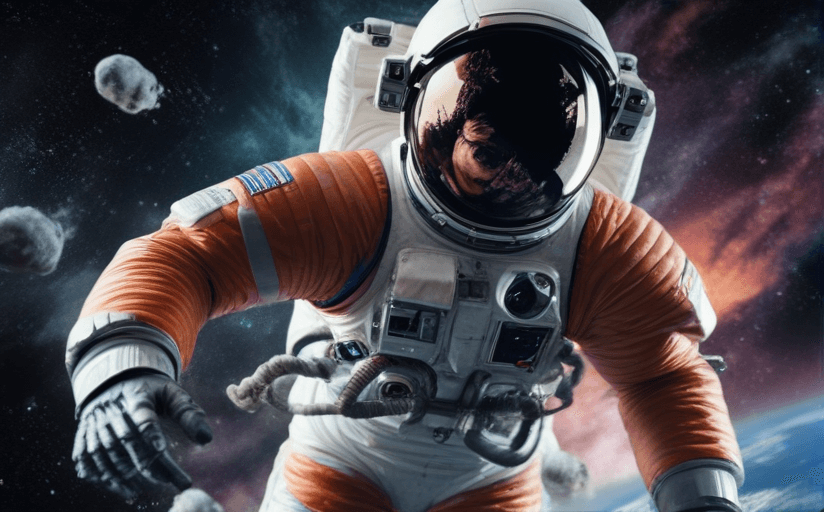The Impact of Space Travel on Human Evolution
Space travel has long captivated the human imagination, sparking interest in how it can potentially transform our understandings of ourselves and our place in the universe. While we've made significant strides in outer space explorations, we're on the cusp of an era where space travel could significantly impact human evolution and influence not just our technological growth, but also our biological adaptation.
Space Travel and Human Biology
An understanding of the biological impacts of space travel has been an area of increasing scientific exploration. Long-duration space flight has physiological implications for astronauts, including muscle atrophy, bone loss, and changes to the cardiovascular and immune systems. The microgravity environment of space poses many challenges to human biology. For instance, astronauts who have spent extended periods in space have experienced vision changes due to increased intracranial pressure. Further studies may reveal critical insights that could potentially drive human evolutionary changes.
Challenges and Opportunities
The challenges of human space travel are tremendous but meeting them could lead to opportunities for human evolution. Radiation represents a significant challenge, making it critical to develop shielding technologies. To adapt to microgravity environments, humans might eventually develop changes in bone density, muscle mass, and circulatory systems, fundamentally changing our anatomy and physiology. The opportunity lies in the drive this gives us to push scientific and technological boundaries. For instance, efforts to develop closed-loop life support systems recycle waste products into food, oxygen, and water, thereby mimicking earth's natural cycles. This could lead to advances in sustainable technology on Earth.
Role of Technology and Scientific Advancements
The journey of human evolution in relation to space travel is intricately linked to technology and scientific advancements. From the creation of spacecraft capable of carrying humans to deep space, to the development of systems that sustain human life in extraterrestrial environments, we are increasingly harnessing technology to meet the challenges of the cosmos. The future of technology could see us become a space-faring species, with implications for our evolution. For instance, genetic editing technology such as CRISPR could be used to make humans better suited to environments with different gravities, atmospheres, and levels of radiation.
The Past, Present, and Future of Space Missions
Historical examples of space missions, such as the Apollo moon landings, shed light on how we have overcome intense challenges through innovation and perseverance. More recent missions such as NASA's Mars rover, Perseverance, are tasked with seeking signs of ancient life and collecting samples of rock and regolith (broken rock and soil) for possible return to Earth, enabling us to learn more about Mars's history and its potential to support life.
SpaceX’s reusable spacecraft and planned missions to Mars demonstrate that we are on the brink of a new era of space exploration. These future missions may not only increase our resilience in the face of life-threatening challenges but could also shape our evolution as a species.
As we seek to explore and colonize other planets and potentially encounter life forms very different from those on Earth, our species might evolve to cope with vastly different environments, leading to a radical change in what it means to be human. Space, in this light, becomes not just a place to travel and explore, but a catalyst for evolutionary change.
Conclusion
The potential impact of space travel on human evolution, though still largely speculative, presents a fascinating convergence of science, technology, and imagination. As we push the boundaries of space exploration, we pave the way for profound changes to our biology, challenging what it is to be human and opening limitless possibilities for our future.
```


















Comments
Leave a Comment